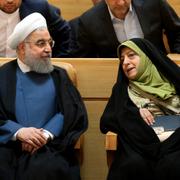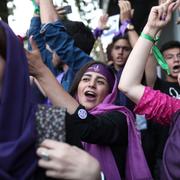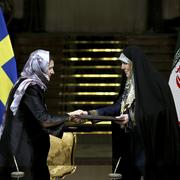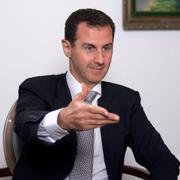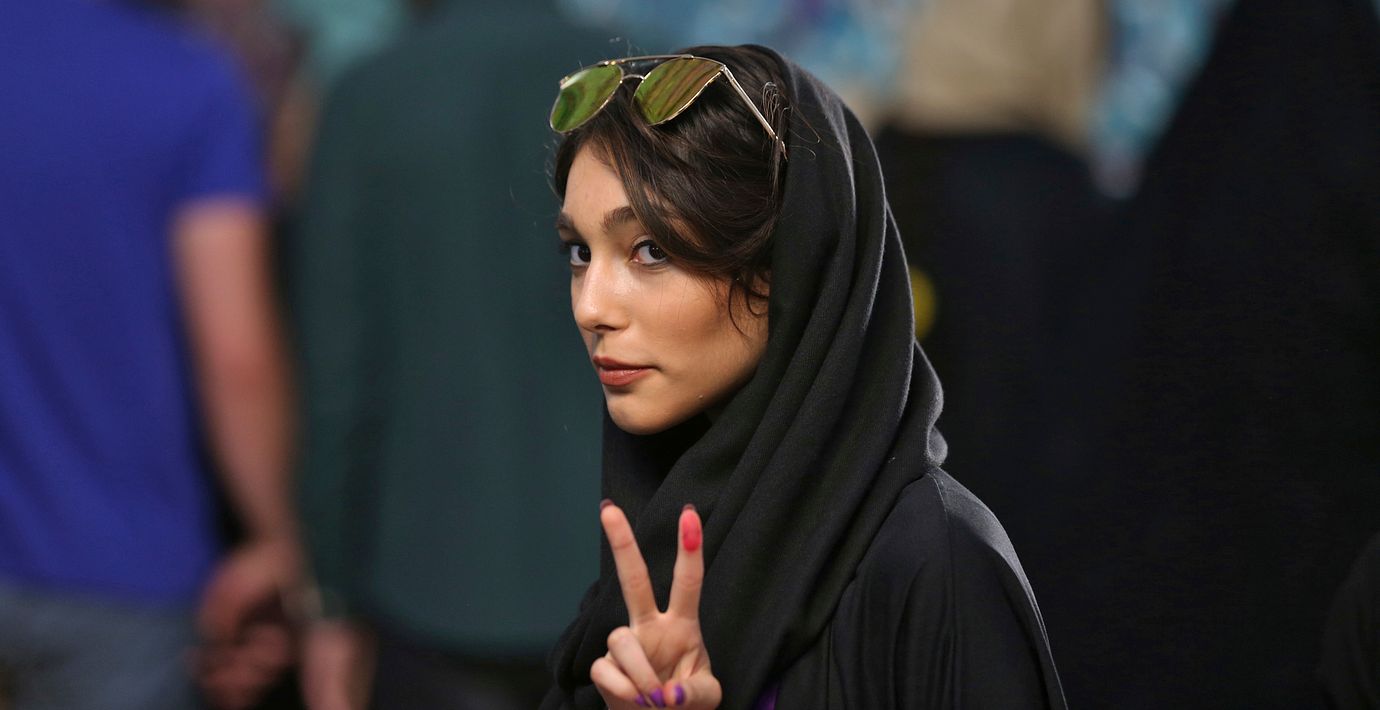
Kärnavtal i fokus när iranierna går till valurnan
Irans kärnavtal skulle leda till lättade sanktioner. Men stora grupper av befolkningen har, två år efter att avtalet skrevs under, ändå inte fått bättre villkor. När iranierna nu går till valurnorna för att välja ny president är avtalet och ekonomin i fokus.
President Hassan Rouhani, som ingick avtalet, utmanas av den konservative Ebrahim Raisi. Raisi har lovat folket miljontals nya jobb och höjda löner och bidrag, men har varit vag om hur det ska gå till. Han stöder kärnavtalet men pekar samtidigt på att Rouhani misslyckats med att göra det till en ekonomisk succé för landet.
– Det är som en folkomröstning huruvida det är värt för Iran att fortsätta stöda kärnenergiuppgörelsen i dess nuvarande form, säger Bitte Hammargren, Mellanösternanalytiker vid Utrikespolitiska institutet, till TT.
